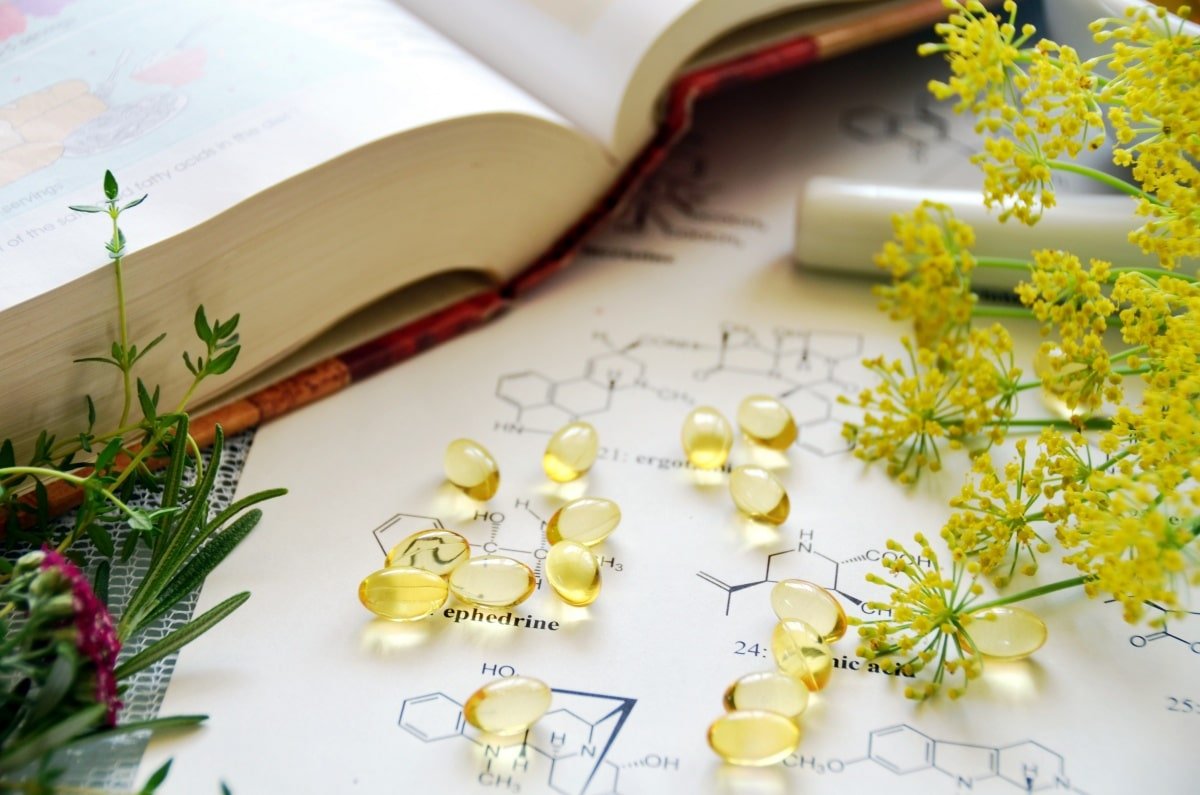The Role of Scientific Research in Botanical Medicine
Botanical medicine, which involves using plants and herbs for therapeutic purposes, has a long history of use in traditional healing practices across the globe. In recent years, scientific research has played a crucial role in validating the efficacy of these natural remedies and expanding our understanding of their benefits. Through rigorous studies, the scientific community has been able to uncover the active compounds in plants, determine their therapeutic potential, and integrate botanical medicine more effectively into modern healthcare. In this post, we’ll explore the role of scientific research in shaping the future of botanical medicine.

1. Validation of Traditional Knowledge
For centuries, indigenous cultures and herbalists have relied on plants for healing. However, these practices were often based on anecdotal evidence rather than scientifically validated data. Scientific research provides a means of validating and verifying traditional uses of plants. By conducting controlled studies and clinical trials, researchers can confirm the effectiveness of herbs like echinacea for immune support or ginger for reducing inflammation. This process bridges the gap between traditional healing and modern medicine, ensuring that beneficial plant-based treatments are recognized by the scientific community.
2. Identifying Active Compounds
One of the key contributions of scientific research to botanical medicine is the identification of active compounds within plants. Many medicinal plants contain complex mixtures of bioactive substances that contribute to their therapeutic effects. Through advanced techniques such as chromatography and mass spectrometry, scientists are able to isolate and identify these compounds. For example, the active ingredient in turmeric, curcumin, has been extensively studied for its anti-inflammatory and antioxidant properties. Understanding these compounds allows researchers to isolate their therapeutic effects and create more standardized and effective herbal treatments.
3. Assessing Safety and Efficacy
Safety is a critical concern when it comes to herbal remedies. Just because a plant is “natural” does not necessarily mean it is safe for everyone. Scientific research helps assess the safety and efficacy of botanical medicines through clinical trials and toxicology studies. These studies help determine appropriate dosages, identify potential side effects, and understand interactions with other medications. For example, while St. John’s Wort is commonly used for mild depression, research has shown that it can interact with various medications, including antidepressants and birth control pills. Such studies are essential for guiding proper use and minimizing health risks.
4. Exploring New Therapeutic Uses
Scientific research also plays a key role in uncovering new uses for botanical medicines. While some herbs have long been known for specific applications, research can reveal additional therapeutic properties that were previously unknown. For instance, studies have shown that the herb ashwagandha, traditionally used for stress and anxiety, may also have potential in improving cognitive function and supporting heart health. This type of research not only expands the range of conditions that botanical remedies can address but also highlights the versatility and potential of plant-based therapies.
5. Integrating Botanical Medicine into Modern Healthcare
As scientific research continues to uncover the benefits of botanical medicine, more healthcare professionals are incorporating plant-based treatments into their practices. This integration is particularly evident in integrative and functional medicine, where healthcare providers combine conventional treatments with herbal remedies to address the root causes of health issues. Research-backed botanical treatments are increasingly used alongside pharmaceutical drugs to support overall health, manage chronic conditions, and promote wellness. By combining the strengths of both conventional medicine and botanical remedies, patients can benefit from a holistic approach to their healthcare.
Conclusion
Scientific research plays a vital role in the growth and development of botanical medicine. It helps validate traditional uses, identify active compounds, ensure safety and efficacy, explore new therapeutic applications, and integrate plant-based remedies into modern healthcare. With ongoing research, the future of botanical medicine looks promising, as it continues to offer natural and effective alternatives for promoting health and well-being. As the scientific community uncovers more about the potential of medicinal plants, botanical medicine will likely become a more significant and trusted component of the global healthcare system.



